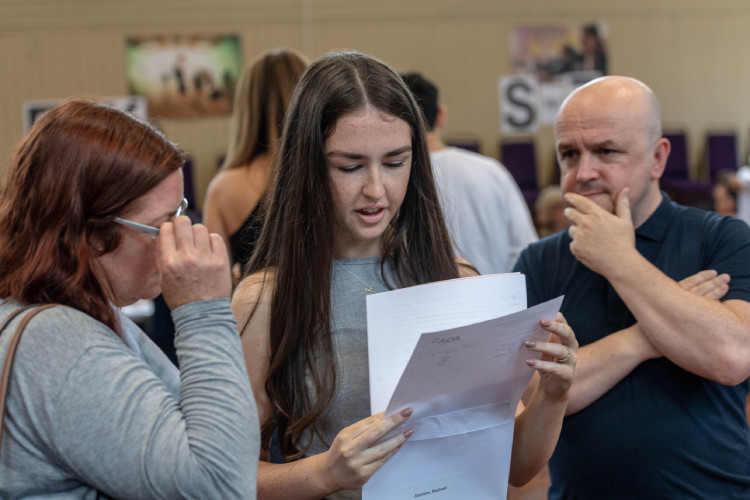
How to pass GCSE English Literature in 2024 (and get those grades 7-9!)
Our Top 5 Tips to pass GCSE English Literature in 2024:
1. Being text fluent:
Make sure to read the set texts to get a better understanding of the topics, themes, and ideas being discussed. There are plenty of revision booklets and videos online that concisely summarise the plots, key quotes and have sample answers. Model answers are your friend and can inspire ideas, as well as help you identify how to NOT go about writing your answers.
2. Making notes and analysing:
Analyse texts carefully. Take the time to annotate and analyse the texts you read and make notes on the language, structure, style, and context. Consider the messages and implications of what you read, and make sure to pay attention to any points of comparison between texts.
3. Practice writing:
Practising your essay writing skills is key to achieving top marks in 2024. Make sure you understand the essay question and plan your response before you start writing. Also, take the time to practise and refine your writing style. Doing so in timed conditions will put you on the right path! (Remember your structure – PEEAR, PEEL, PETER use whatever you’re comfortable with and perfect it)
4. A hidden Gem:
Review and revise. Once you’ve finished writing, take the time to review and revise your work. Check for any spelling, punctuation, or grammar mistakes, and make sure that your points and arguments are clear and concise. Reading the examiner’s report in past papers really helps in identifying where most students go wrong – a hidden gem that’s very underutilised!
5. Feedback and reflection:
Seek feedback. Ask for feedback from your teacher or tutors to get an outside perspective on your work. This will help you identify any areas of improvement and ensure that your work meets the 2024 assessment objectives (AOs).
The key to succeeding in any subject, whether it’s GCSE Maths or English is consistency. It can be hard to know how to prepare for GCSEs in Year 9 or 10 when you’re just starting the syllabus, but staying organised and up to date with homework and being proactive in class can go a long way. Successful students print out the specification of their exam board for GCSE English and put them in the front of their folder. This helps keep track of what you have and haven’t learned and identify areas to zone in on.
Another smart tip is to start revising early; just because you’re in Year 9 doesn’t mean that you can’t start doing past papers and creating revision resources, such as flashcards, flow diagrams and mind maps. This early preparation means that when you get to Year 11, you already have a plethora of resources ready, and you don’t need to waste time creating resources!
GCSE English Past Papers?
Past papers can be incredibly useful for preparing for GCSE English exams in 2024. Working through past papers can help you get a feel for the types of questions that may come up in the exam and help you practise time management, as you can use them to simulate the time constraints of the real exam. Additionally, past papers can help you identify any areas of weakness in your knowledge of English Literature texts or your essay structure (we recommend PEEAR, but more on this here)


